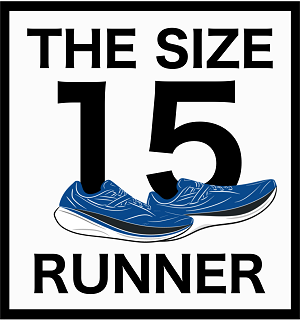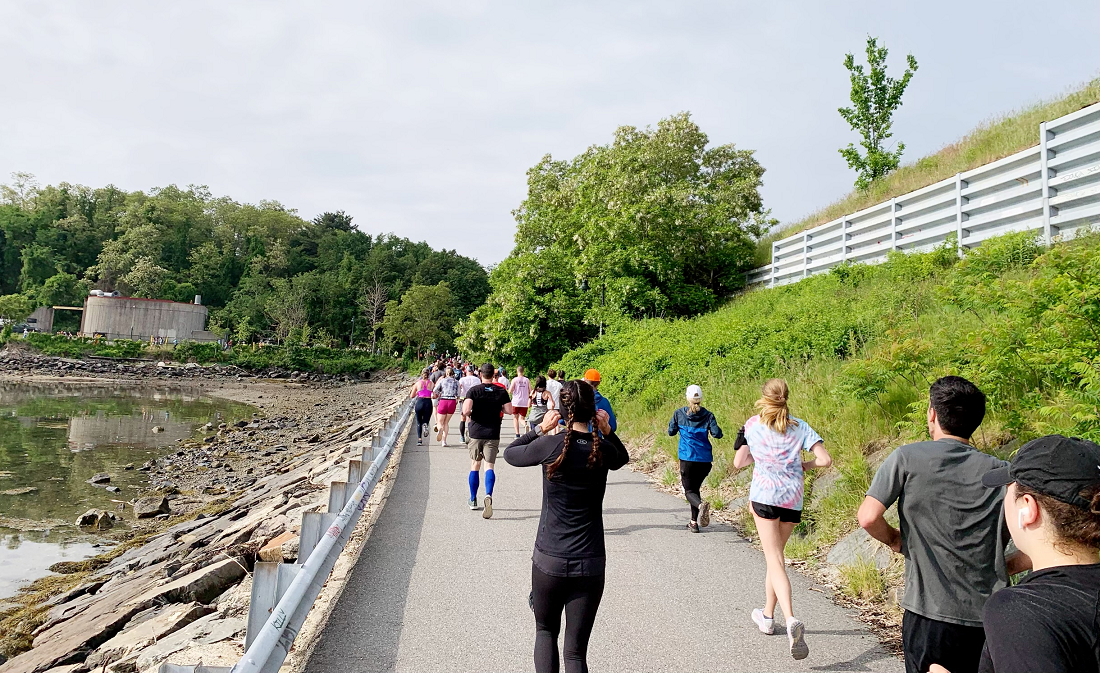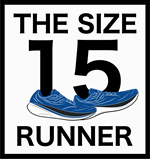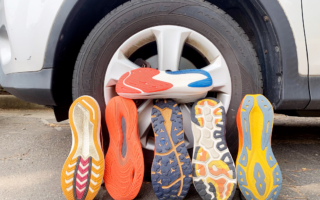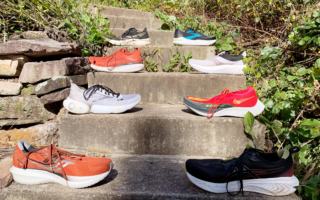Last month, the Boston Athletic Association (B.A.A.) announced a cutoff time of 5:29 for the 2024 Boston Marathon. That means, to qualify for Boston Marathon, runners had to run five minutes and 29 seconds faster than the actual qualifying time for their gender and age. Quite the obstacle, and, much to their disappointment, 11,039 runners who qualified were not granted entry. This comes after two consecutive years of admitting entry to everyone who qualified. To be fair, the 2024 field size of 30,000 is the same as the 2022 and 2023 races.
It’s unfortunate, for sure, but in the whole scheme of things, inconsequential. Easy for me to say—I haven’t qualified for the race (but hope to do so at Marine Corps Marathon). But if that’s the cutoff time going forward, I won’t make it into Boston for some time. And that’s perfectly fine.
Despite the cultural and historical significance of the race, the important role it plays in the running world, and my own desire to someday toe the starting line in Hopkinton and pass the finish line on Boylston Street, I won’t be heartbroken if I don’t get to run Heartbreak Hill. I truly don’t care if I ever run the Boston Marathon. Or any race, in particular. Here’s why.
What’s in a marathon name?
I recognize the Boston marathon isn’t just any marathon—except that it is. It’s a 26.2-mile trek filled with much pain, doubt, regret, and relief when it’s over. Sounds an awful lot like every marathon.
Months of intense marathon training to qualify for Boston is quite the feat and shouldn’t be taken lightly, or snubbed. Runners aged 30-34 must run a marathon in under three hours to qualify. That’s a pace of 6:50 per mile. But as in any sport, athletic achievements should never overshadow the sport as a whole, and contrary to ESPN’s coverage of Lebron James over the years, no one athlete is above their sport.
And yet, runners of the Boston Marathon are placed on a pedestal. The race’s mystique has reached the point where some think if you never qualify for and run the race, you’re not a “serious runner.” It’s a problematic line of thinking.
Sure, it’s a special race, but seeking validation from an external source—a race—is like organizing a search party for Bigfoot—you’re not going to find either. Likely, that’s not why you started running, and it definitely won’t be what keeps you pounding the pavement when you’re old and grey.
You became a runner the moment you took that first stride on the pavement, dirt, or gravel, regardless of your pace, mileage, or shoes and gear back then or today. You likely run for yourself—to be healthier, to relieve stress, or to have fun—or you run to be a positive role model for your kids or family, or to uplift your community, running or otherwise.
All that glitters isn’t gold
Shortly after B.A.A.’s cutoff time announcement, running apparel company Tracksmith made a controversial Instagram post (they later deleted and apologized). The post promoted their 2024 Boston Qualifier Singlet, “Reserved for runners who both qualified and registered for the 2024 Marathon.” While that’s a questionable business decision, I’m not in a position to declare whether the post and singlet are offensive. But, alienating those who didn’t qualify—or did but didn’t make the cutoff—is naturally going to cause a stir.
The Boston Marathon has made its own questionable moves over the years. Like when co-race director Jock Semple ran after Kathrine Switzer in the 1967 Boston Marathon to try and rip off her bib numbers, as Amateur Athletic Union rules didn’t allow women to race. Or when co-race directors Sock and Will Cloney issued the audacious warning: “This is not a jogging race” when marathon entries opened for the 1970 race. Or mistakenly crowning Rosie Ruiz the winner of the 1980 race, despite her sneaking onto the course at mile 25. Her “victory” was later vacated. Or just this year, when the B.A.A. had to answer to allegations of racist policing and admitted “We need to do better.”
For the love of the run
Even a race as revered as the Boston Marathon has it flaws. Of course, no race is perfect. The Boston Marathon gets more attention because of its rich history and status as one of six World Marathon Majors. This blog post is not meant to be a criticism of the Boston Marathon. The renowned race brings the running community together and uplifts other communities like no other running event. The 127th Boston Marathon raised $40.2 million for nonprofit organizations, and $500.2 million since the charity program’s inception in 1989.
This post is meant to show that no one person or race deserves to be idolized. While the Boston Marathon may be labeled as the most iconic marathon, it’s also just a run consisting of 26.2 miles. There are hundreds of others out there. Go find your marathon, or half marathon, or 5k and run your race. Or create your own race, like my brother did so admirably during COVID. Or don’t race at all. Despite the common myth, you don’t have to race to be a runner. But if you do choose to race, do it for the right reasons.
